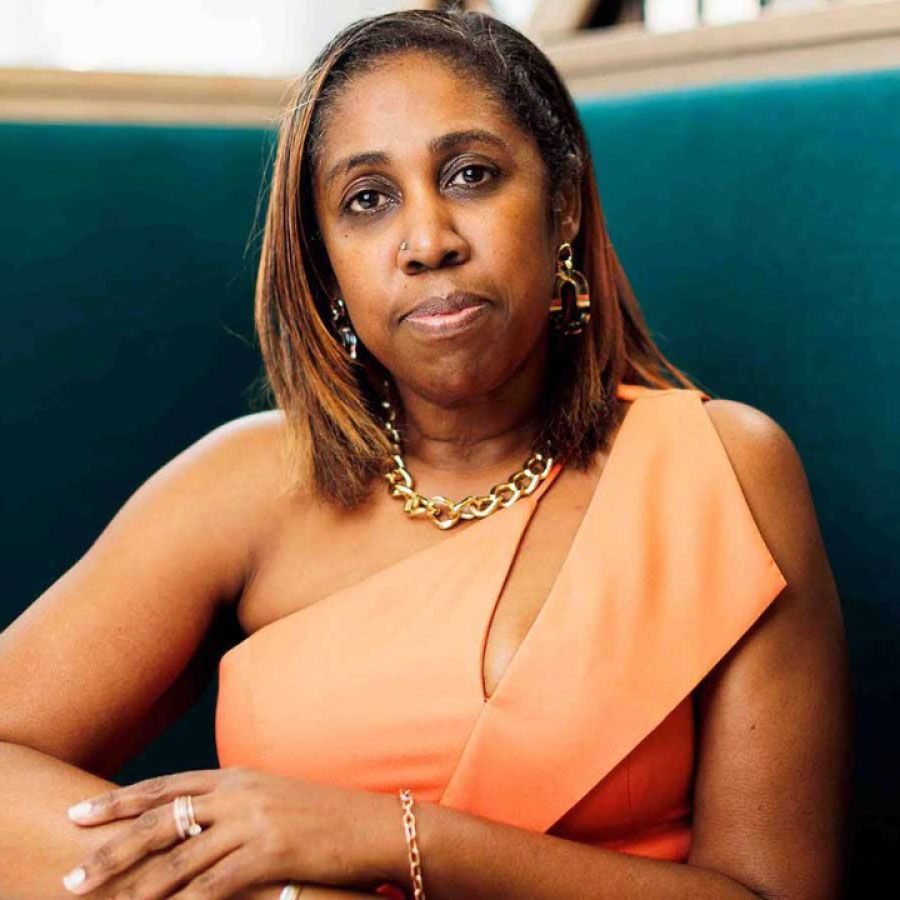Roianne Nedd FCCA.
Bringing a financial perspective to diversity
United Kingdon


‘A special adviser, both internally and externally,’ is how Roianne Nedd FCCA describes her role as global director of diversity, inclusion and belonging at Oliver Wyman.
In her job, she’s involved in all the key decisions taken by the consultancy around diversity, equity and inclusion (DE&I), from board level downwards. ‘The opportunity,’ she says, ‘is the chance to shape every aspect of the business.’
Nedd makes an annual presentation to the board on workforce representation, covering topics such as growth in employee representation, return on investment in DE&I and supply chain diversification. Her presentation also covers succession planning, enabling the board to understand what the leadership team of the future would look like if that succession plan were to come to fruition.
As well as helping to shape the company’s DE&I strategy and messaging, Nedd provides executive coaching to individual leaders and is working on a curriculum that covers the core skills of a DE&I professional. She has also developed a maturity assessment tool that the company uses both internally and with its clients to assess levels of organisational maturity in relation to DE&I.
One of Nedd’s other initiatives is the Oliver Wyman Inclusion Festival, a biannual festival of learning and development focused on inclusion topics, now featuring the company’s Inclusion Awards. The aim, says Nedd, is to ‘celebrate the people who are doing this well and elevate their stories to inspire other people’.
Her vision is to embed inclusion and belonging within the organisation, ‘not have it something that people think about at a separate meeting’.
DE&I is perceived in different ways, in different markets. Nedd, who lives in the UK but was born and brought up in Guyana, is conscious of the need to embrace a localised strategy for diversity and inclusion. ‘At Oliver Wyman, we’re moving towards a regionalised approach, driven from the bottom up,’ she says. ‘So, we take into account local nuances and then assess what is common across the world instead of starting with a common framework and expecting everyone to follow it to the letter.’
As a qualified accountant, Nedd prides herself on bringing a financial perspective to diversity – which is often seen as a non-financial issue. ‘I calculate things like the cost of losing a member of staff, or the quantifiable risk of discrimination,’ she explains. ‘Then I use that financial analysis to explain why DE&I is a good idea.’
She believes that other accountants should also use their skills and expertise to convey the business case for DE&I. ‘There is a cost to every bad decision a business makes and a cost to every good decision,’ Nedd explains. ‘Decisions that may seem to be all about overheads, rather than making money, can have a real impact on the bottom line.’
Another way that accountants can promote DE&I is through their own behaviours. Nedd suggests that accountants can behave inclusively by sharing their expertise, being curious about DE&I, asking questions of colleagues, and volunteering for mentoring programmes. ‘Every organisational culture is built on a sum total of behaviours,’ she explains. ‘So, accountants who are themselves more inclusive will help to create more inclusive workplaces.’